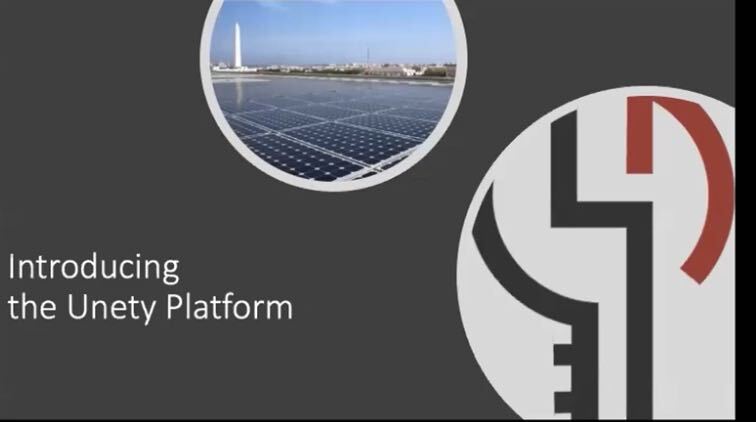New Retrofit Program to Support Portfolio of 87,000 Houses of Worship Nationwide
July 2020

ecoAmerica is the largest nonprofit association of faith-based organizations in the country, representing over 87,000 houses of worship as members of the Blessed Tomorrow program. Unety is the exclusive technology partner for ecoAmerica’s Blessed Tomorrow program. Members in the Blessed Tomorrow program have made aggressive commitments to reduce greenhouse gas emissions.
By participating in this program, you will be introduced to the property owners in your area who are seeking contractors to help them upgrade and repair their properties. Projects range in size from $5,000 up to $2 million and include roof replacements, all types of energy system upgrades, renewable energy installations, and more. The program launches in August 2020.

